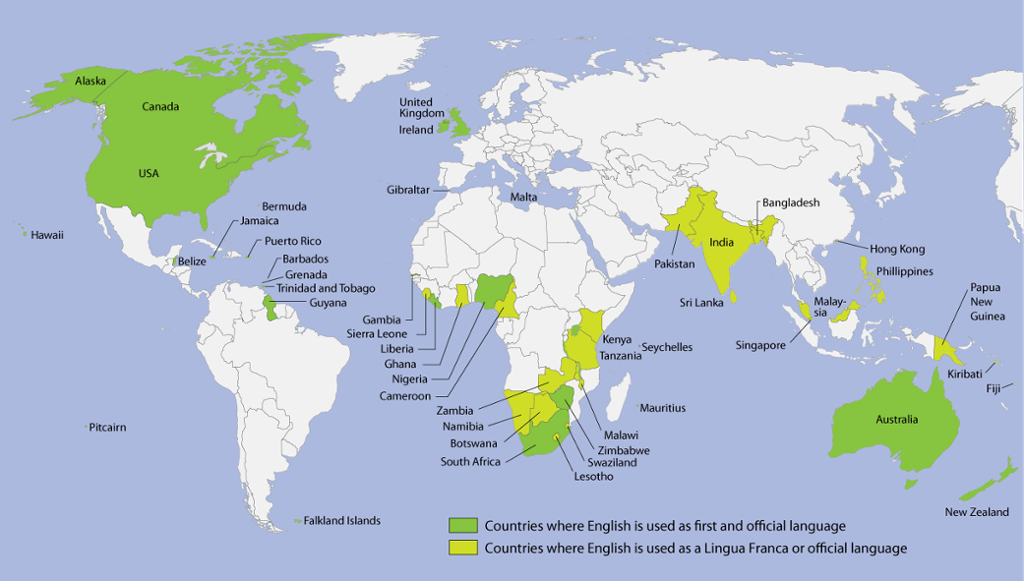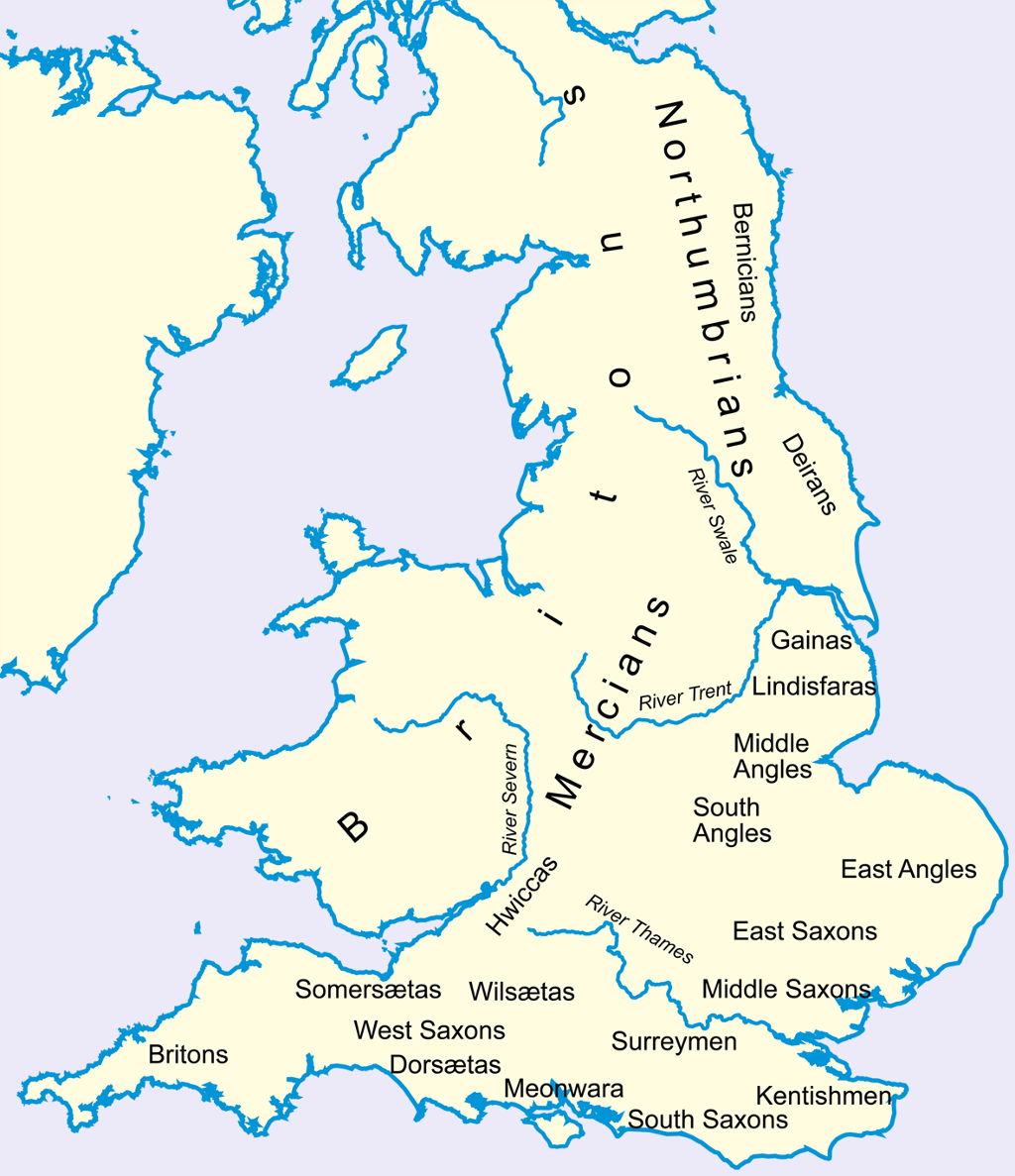The Origins of the English Language

The Origins of the English Language
About 65% of the words in English dictionaries are of Latin or Greek origin. Many of these words came into English in the 16th and 17th centuries, when written material became more widespread and more people learned to read. The words are usually connected to religion and academic life. In modern times, English has continued to create words based on Latin and Greek for new technical discoveries and inventions. Listen to Bill Bryson from 'Journeys in English' presenting old and new Englishes as well as Gaelic.
Hello, I’m Bill Bryson and I’m speaking to you in English, and so are all these people: [sound samples of varieties of English]. [Music playing] But this isn’t English. This is the choir of St.Peter’s Church on South Uist in the Outer Hebrides. The words are Gaelic, one of the Celtic languages which once dominated much of Western Europe, but now exist only in pockets like this. Mostly on its loneliest fringes.
We tend to think of English as a timeless and inevitable component of life in Britain. In fact, it is neither. As languages go, it is a relevant stripling and its very existence somewhat improbable. Had history taken any of several very slight turns, we might all now be speaking a language very like the Gaelic of South Uist, or perhaps like modern Dutch or Danish or French.
Few of the world’s languages have had to weather greater knocks and buffetings in the course of their history, or been more gloriously enriched in the process. If there was one sterling quality about English, it is not the orderliness of its grammar or the richness of its vocabulary. It is simply its remarkable ability to survive.

English is a Germanic language which developed from Anglo-Saxon, but has been influenced by other languages for 1500 years. Old English, as it became, was introduced into England in the 5th century by invaders from Germany, Denmark and the Netherlands.
Before this time, the British spoke Celtic languages which are the origin of today's Welsh and Scottish Gaelic. There are only a few traces of Celtic in modern English, for example the names of some rivers such as Avon and Thames.
The Romans, who arrived in Britain in the first century AD, spoke Latin, and the Latin name for camp, castra, is found in places whose names end in -chester or -cester. When the Vikings invaded the British Isles in the 9th century they brought their language with them and contributed many words to Old English.
After the Norman Invasion in 1066, the language was influenced by French. The Normans from northern France defeated the English king, took over as the ruling class in England, and for 300 years French was their first language. Gradually, Old English and Norman French combined to give Middle English. Here is Bill Bryson on the the dramatic changes in the English vocabulary, once again from 'Journeys in English'.
Relatert innhald
Here you will find different tasks to our resource "The Origins of the English Language"